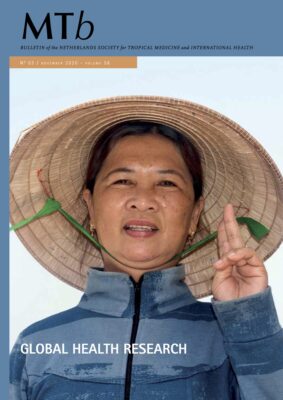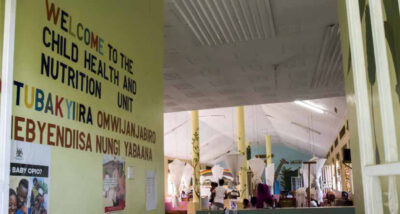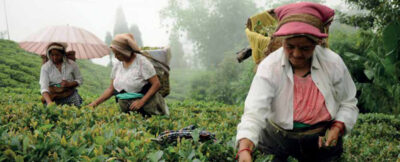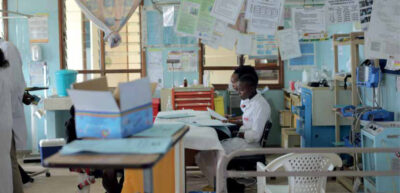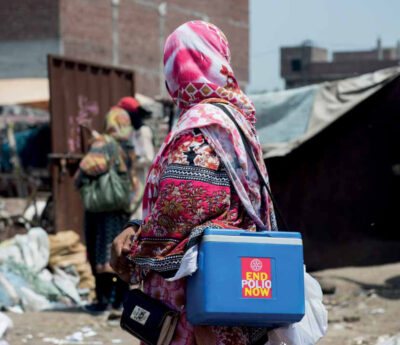
Global Health Research
Editorial
Research in flux: Facing evolving challenges in global health
This past spring, with the emergence of Covid-19 and the unprecedented mobility restrictions that came with its control measures, our age of increasing global connectivity came to a sudden halt. In the months since, as in so many other fields, global health research has been heavily disrupted, made evident by the discontinuity of numerous projects, trials and studies. Large components of research and programmemes in global health, particularly those based around low- and middle-income countries (LMICs), are rooted heavily in the understanding of local contexts. The diminished capacity for researchers to travel, and to perform the formative research necessary to acquire an improved understanding of the contextual challenges in the global South presents new challenges for all partners involved in the research. Thankfully, technology allows us much greater opportunities to stay connected, albeit most would argue that it only provides a poor substitute for what may be achieved in person, and one that is merely as strong as the WiFi connection. In the backdrop of the pandemic, ubiquitous protests have emerged speaking out against systemic racial injustices that continue to affect virtually every sector of society. Challenges within global health are heavily interwoven into current social issues, and calls have echoed within the halls of the most prominent health institutions to diversify and decolonize the field. Currently, the actions of many research programmemes in LMICs are governed by budgetary allocations and research agendas that are made in capitals across the global North. Progressive research institutions in global health are now shifting their research to focus not only on what are effective ways in dealing with health issues, but rather on effective ways for strengthening health systems locally and reducing cycles of dependency that have been evident since times of colonialism. Partnerships between the global South and North help to build the basis of sustainable research projects that serve to strengthen health systems and increase chances of leaving a lasting impact on the communities where they take place. Moving away from models of foreign based research and implementation creates opportunities to involve local actors and create more of these partnerships that are proving to be highly beneficial for all parties involved. Conducting research in global health is therefore not just a matter of qualitative or quantitative methods, but an art interwoven into political, social and economic realms. Intricate health challenges, nuanced by advances in technologies and setbacks in conflict and insecurity, require immense adaptability and are not effectively addressed by one size fits all approaches. This edition is about the art of research. As the coronavirus pandemic has created immense barriers to overcome, as there is fragility in partnerships between high-and low-income countries, and as a history of exploitation and inequality makes clear that we must improve upon efforts to decolonize the field of global health, it is evident that the undertaking of these studies and trials demands considerations that go far beyond science. What exists under the research methods are the numerous components that one must consider – all the hats that one must wear – to even begin to address the multifaceted and highly consequential problems that we research in global health. The following collection of articles speaks to some of these considerations while recognizing the immense progress that has been made in the field over the past few decades, explores the importance of partnerships in maintaining and improving research quality, and reviews some of the publications that provide a platform for the dissemination of results here in the Netherlands.
Jake Mathewson
















































